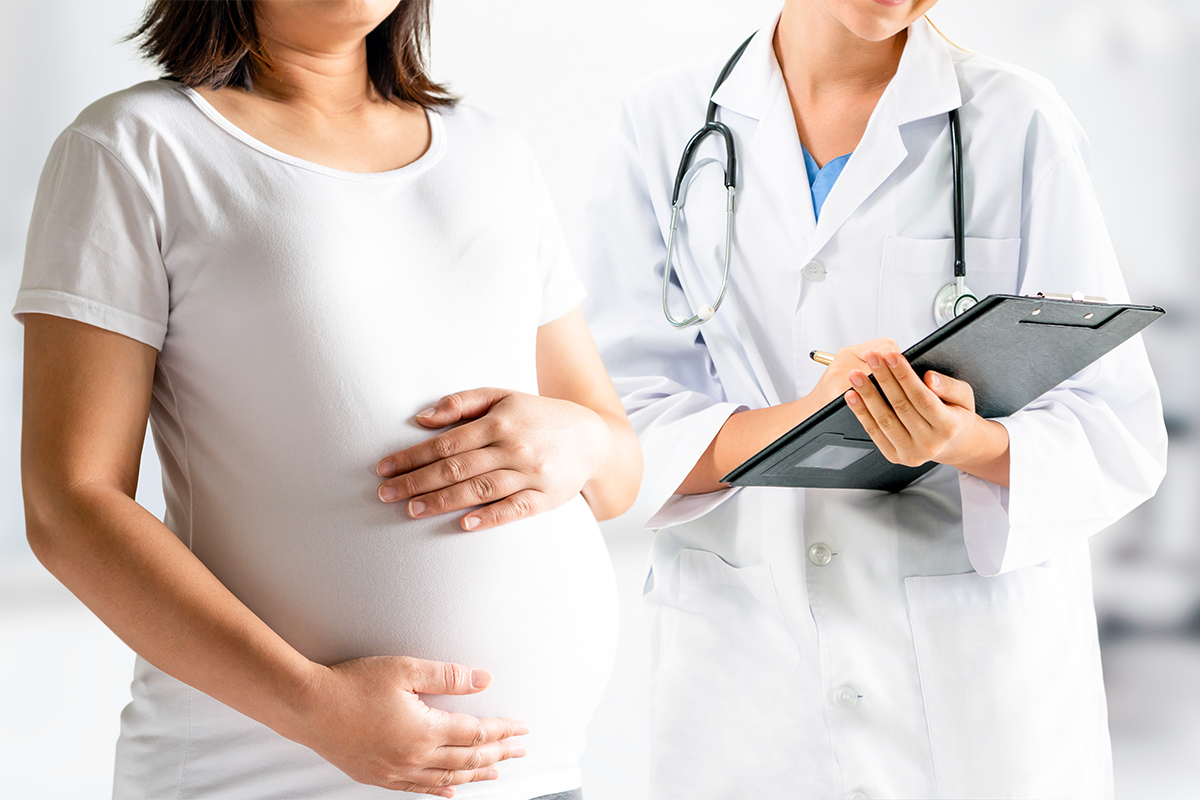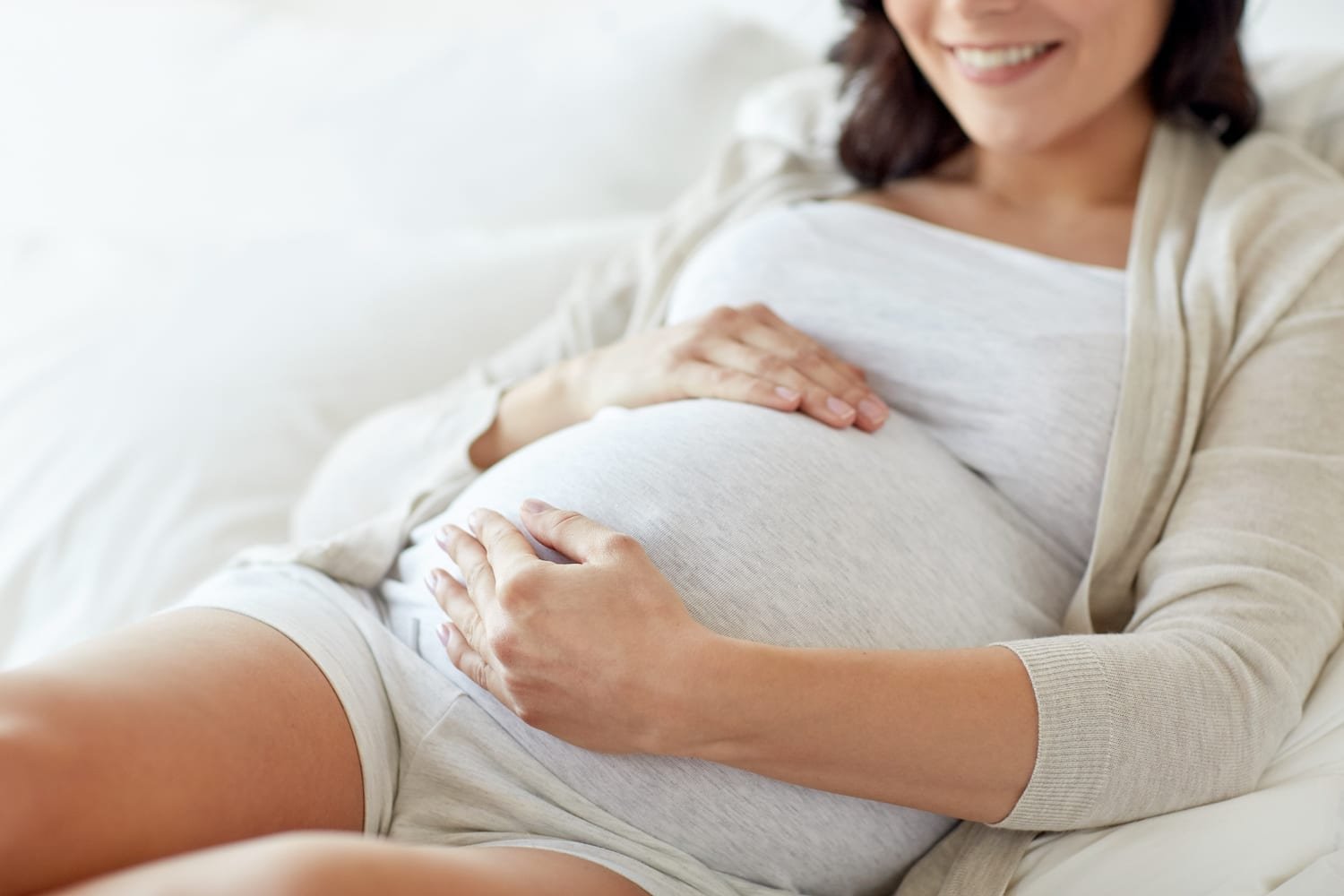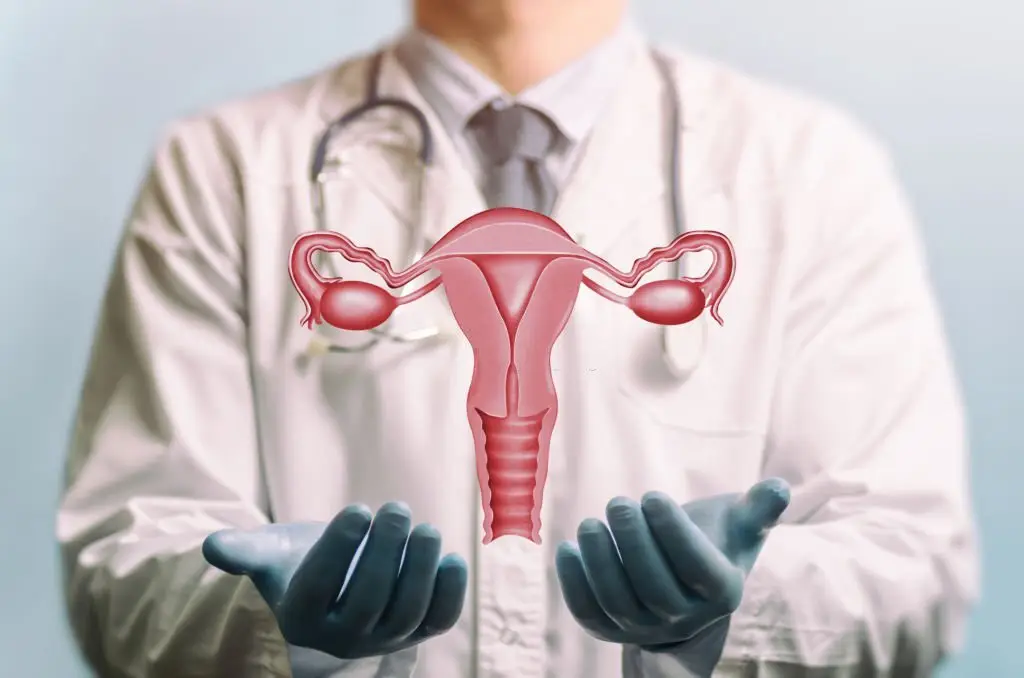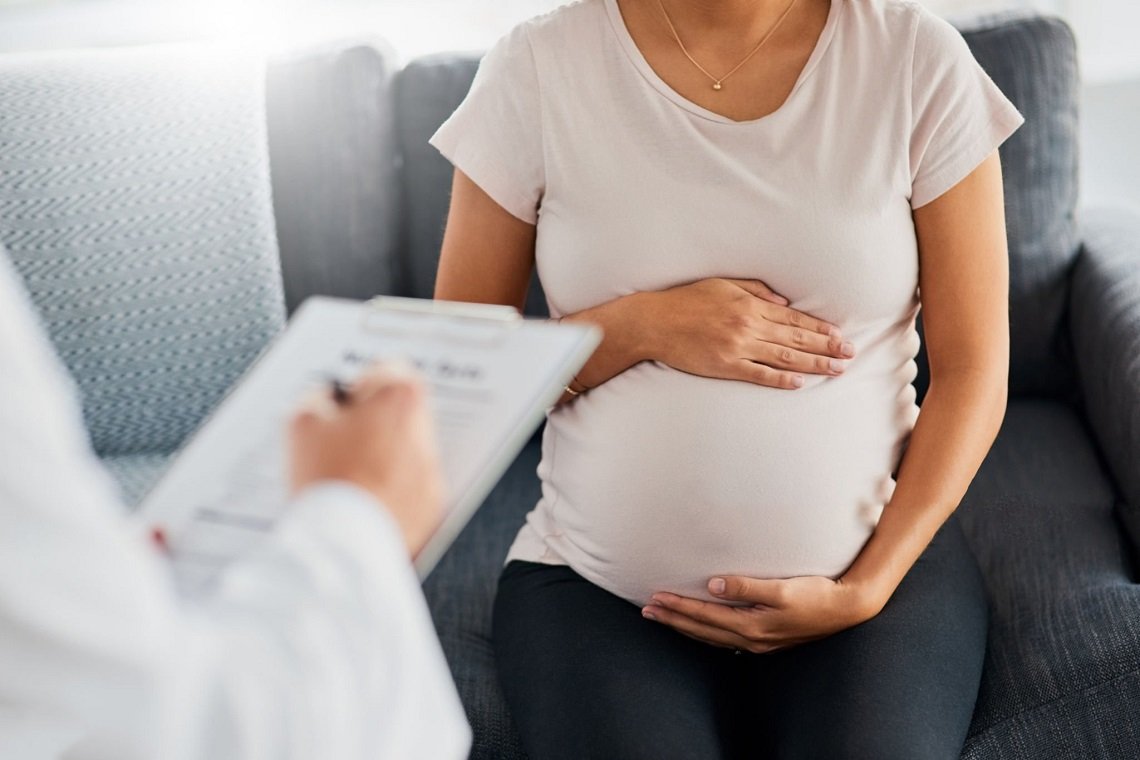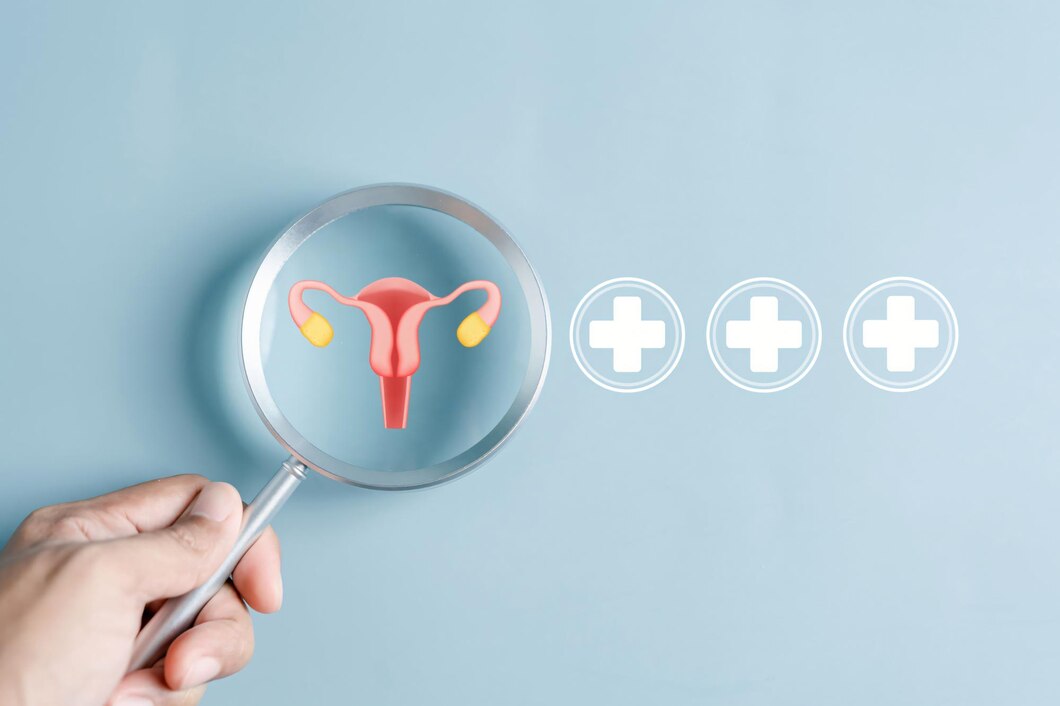Pregnancy is one of the most important phases in a woman’s life. From confirming pregnancy to delivery and postnatal care, every step requires the guidance of an experienced and trustworthy gynecologist. If you are searching for the best gynecologist in Faridabad for pregnancy, making the right choice can ensure a smoother, safer, and more confident journey to motherhood.
This blog will help expecting mothers understand how to choose the right pregnancy doctor, what factors truly matter, and why many families in Faridabad trust Dr. Shweta Mendiratta for comprehensive pregnancy care.
Why Choosing the Right Gynecologist Is Crucial During Pregnancy
A gynecologist plays a central role throughout pregnancy—not only for medical check-ups but also for emotional reassurance and informed decision-making.
The right pregnancy specialist helps with:
- Monitoring fetal growth and maternal health
- Identifying and managing pregnancy-related risks early
- Guiding nutrition, lifestyle, and prenatal care
- Supporting normal delivery whenever medically possible
- Ensuring mother and baby safety during delivery
This is why choosing an experienced pregnancy gynecologist in Faridabad is one of the most important decisions for expecting parents.
Key Factors to Consider While Choosing the Best Gynecologist in Faridabad
1️⃣ Experience in Pregnancy & Obstetrics
Always look for a gynecologist with strong experience in:
- Routine antenatal care
- High-risk pregnancy management
- Emergency obstetric situations
Doctors like Dr. Shweta Mendiratta, who have years of experience in obstetrics and gynecology, are better equipped to handle both routine and complex pregnancies with confidence.
2️⃣ Expertise in Normal Delivery
Many women today actively search for a normal delivery doctor in Faridabad. While delivery method depends on medical conditions, a skilled gynecologist:
- Encourages natural birth when safe
- Avoids unnecessary C-sections
- Educates patients about delivery options
Dr. Shweta Mendiratta is known for her patient-centric approach, focusing on safe and informed delivery planning.
3️⃣ Location & Accessibility in Faridabad
Pregnancy requires frequent visits—especially in the third trimester. Choosing a gynecologist based in Faridabad offers:
- Faster access during emergencies
- Reduced travel stress
- Better continuity of care
A locally practicing doctor understands regional healthcare needs and patient expectations better.
4️⃣ Communication & Patient Comfort
Pregnancy brings many doubts—about diet, symptoms, labor pain, and delivery. The best gynecologists:
- Listen patiently
- Explain medical terms clearly
- Encourage questions
- Offer emotional reassurance
Patients often appreciate Dr. Shweta Mendiratta’s approachable nature and ability to explain pregnancy-related concerns in a calm, reassuring manner.
5️⃣ Hospital & Medical Infrastructure
Ensure your gynecologist is associated with a hospital that provides:
- 24/7 emergency obstetric care
- NICU facilities
- Advanced ultrasound & lab services
- Hygienic maternity wards
This ensures safety for both mother and newborn.
6️⃣ Reputation & Patient Reviews in Faridabad
Local reputation matters. Patient reviews help understand:
- Doctor’s approach to care
- Experience with normal deliveries
- Staff support and hospital facilities
Many patients searching online for the best gynecologist in Faridabad frequently come across positive experiences shared for Dr. Shweta Mendiratta.
Common Patient Queries During Pregnancy
❓ When should I consult a gynecologist after pregnancy confirmation?
Ideally, as soon as pregnancy is confirmed to begin early antenatal care.
❓ Is Dr. Shweta Mendiratta suitable for first-time mothers?
Yes. First-time mothers often need extra guidance and reassurance, and experienced gynecologists provide structured counseling and close monitoring.
❓ Can pregnancy complications be prevented?
While not all complications can be prevented, early diagnosis and proper antenatal care significantly reduce risks.
❓ How often are pregnancy check-ups needed?
- Monthly visits initially
- Fortnightly in later months
- Weekly visits near delivery
FAQs – Choosing the Best Gynecologist in Faridabad
Q1. What qualifications should a pregnancy gynecologist have?
An MD/DGO in Obstetrics & Gynecology with experience in antenatal care and deliveries.
Q2. Can a gynecologist guarantee normal delivery?
No doctor can guarantee delivery type, but experienced gynecologists improve the chances of safe normal delivery when medically feasible.
Q3. Is it important to choose a nearby pregnancy doctor?
Yes. Proximity in Faridabad ensures easier access during labor or emergencies.
Q4. Can I switch doctors during pregnancy?
Yes, but it’s best to finalize your gynecologist early for continuity of care.
Why Many Patients Choose Dr. Shweta Mendiratta in Faridabad
Dr. Shweta Mendiratta is widely trusted for:
- Comprehensive pregnancy care
- Individualized attention to patients
- Expertise in managing both routine and high-risk pregnancies
- Transparent communication and ethical medical advice
Her patient-first approach makes her a preferred choice for families seeking the best gynecologist in Faridabad for pregnancy.
Final Takeaway
Choosing the right gynecologist can make pregnancy a confident and positive experience. Experience, communication, accessibility, and trust are key factors. With expert care, personalized attention, and strong patient satisfaction, Dr. Shweta Mendiratta stands out as a reliable pregnancy specialist in Faridabad.

